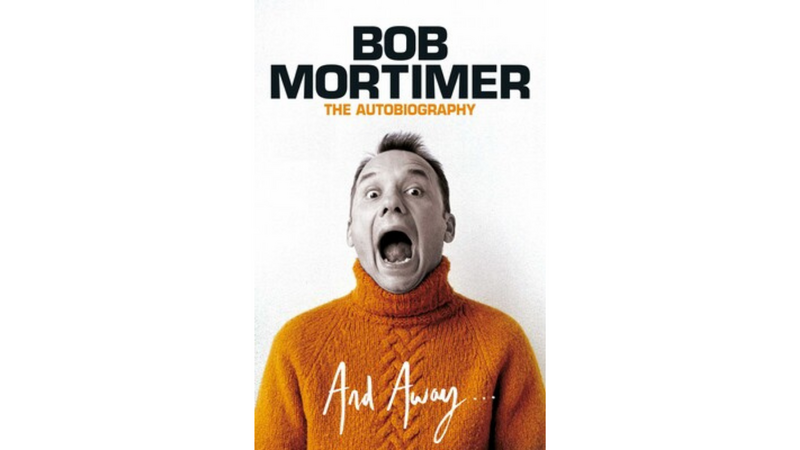There’s an awful lot to admire in Threat, a poetry collection by Julia Webb which carefully guides the reader on a roller coaster ride through dysfunctional families, love, loss and domestic violence. Secrets are revealed through a variety of viewpoints and lives that exist in the margins of a distinct and lively community where threat doesn’t only lurk in the shadows but gets up close and personal.
In Because my hometown has a hand between its legs, there’s a reverse nostalgia to the poet’s origins: ‘the concrete slope under the bridge/the shadowy space beneath the walkways at the bottom of the flats’. The whole poem is riddled with menace, streets you can’t walk down, ‘a spyhole in the wall of your best friend’s bedroom’, and a pal of your mum’s who might offer you a lift home.
Saturday afternoon he nods off continues to examine the threat from family. The man of the house is a threat even while asleep. ‘We creep around the house/barefooted thieves/trying hard not to make a noise.’ Children are a mere aggravation, like the family cats, and there’s a distinct danger from a short-tempered man who has no problem in punishing those who interrupt his Saturday of sport. Even when there is no clear and present risk, threat is implied throughout the poem, even in something as mundane as the preparation of food. For example, the garish ‘orange slime of egg yolk’ or ‘bright pink worms of mince’ as if the food may cause the children harm.
The poem concludes with physical violence: ‘someone, somewhere, in a headlock/someone’s lights punched out’. But it’s not clear if the brutality is taking place on the TV screen via the wrestling or somewhere in the house while other children try to read. This intentional ambiguity renders the conclusion of the poem even more powerful.
In Friday Night, King’s Head, the poet adopts the present tense to talk about the past, and the threat level is on red. This tense prose poem starts as it means to proceed: ‘some girl is pulling another girl’s hair, and some other girls are in the loo skinning up…’
 The narrator works in the pub and it seems that she has the daunting task of not only disbanding the fight, but stopping another threat – Andy, who we assume the two girls are battling over – from exacerbating an already fraught situation. To make matters worse, the narrator, referring to herself in the second person, also must ‘keep the tongue out of your (her) mouth’. By referring to herself in the second person, the narrator take us back to the past but continues to use the immediacy of the present tense and ponders what would happen if she was actually there now, rather than taking us back there in the poem. And so: ‘…here comes Andy dogging your footsteps, so you’d better keep moving, and if it was fifteen years from now, he might be spiking your drink.’
The narrator works in the pub and it seems that she has the daunting task of not only disbanding the fight, but stopping another threat – Andy, who we assume the two girls are battling over – from exacerbating an already fraught situation. To make matters worse, the narrator, referring to herself in the second person, also must ‘keep the tongue out of your (her) mouth’. By referring to herself in the second person, the narrator take us back to the past but continues to use the immediacy of the present tense and ponders what would happen if she was actually there now, rather than taking us back there in the poem. And so: ‘…here comes Andy dogging your footsteps, so you’d better keep moving, and if it was fifteen years from now, he might be spiking your drink.’
By employing the second person narrative, Webb seems to be telling us that if the narrator revisited the pub years later, she would be vulnerable to similar levels of threat with the added danger of being drugged.
Threat is set in a small town of the past, yet we recognise the threats within its pages as grounded in the present. The poems are based in both reality and fantasy and the hyper-realities that exist in-between. The surreal moments, the little stuff and big stuff of histories and futures played out throughout this collection, are threaded together with the ever-present threat from which the poet takes her title. Webb successfully shunts time in graphic and subtle ways. The result is an unsettling and poignant collection that stays with you long after your first read and demands to be read again.
By Mark Connors, Poetry Correspondent
Threat by Julia Webb is published by Nine Arches Press and available to buy now.











